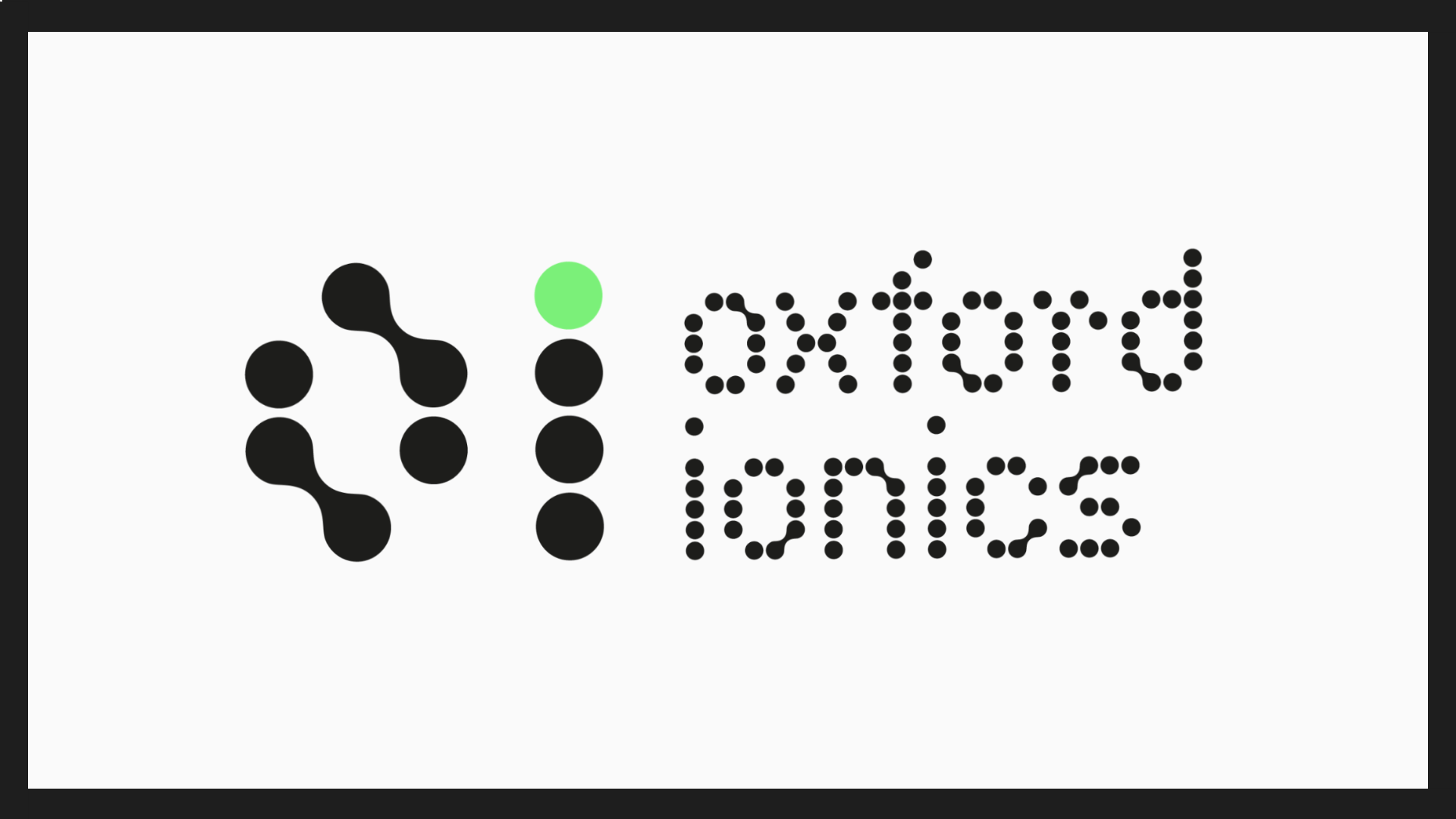Oxford Ionics, a leader in trapped-ion quantum computing, has delivered and installed its flagship full-stack quantum computer, dubbed Quartet, at the UK’s National Quantum Computing Centre (NQCC) in Harwell. The move marks a significant step in the UK’s ambition to become a global quantum leader and to accelerate and commercialise real-world applications of quantum technologies.
The deployment is part of the NQCC’s broader testbed programme and is backed by Innovate UK. It aims to provide a cutting-edge platform for research, industry collaboration, and application development across sectors that could benefit from quantum computing, such as materials science, logistics, pharmaceuticals, and national security.
The installation comes at a transformative moment for Oxford Ionics. Over the past year, the company reported $20 million in commercial sales, secured high-profile partners including Airbus and Germany’s Cyberagentur, and in June was acquired by Nasdaq-listed IonQ in a landmark $1.1 billion deal. The company’s rapid momentum reflects the accelerating commercial viability of quantum technologies.
“This delivery underscores the UK’s commitment to building sovereign capabilities in quantum computing and its readiness to develop commercially valuable applications,” said Dr. Chris Ballance, co-founder and CEO of Oxford Ionics. “Installing Quartet at the NQCC marks a major milestone - not just for our company, but for unlocking a future powered by quantum computing. Quartet represents a significant step forward in making commercially valuable quantum computing a reality, ensuring we are equipped with the compute power to solve some of the world’s most pressing challenges.”
Quartet is built on Oxford Ionics’ proprietary Electronic Qubit Control (EQC) technology, which replaces lasers with electronics to manipulate qubits, allowing for easier scaling, higher performance, and more efficient integration with traditional computing infrastructure. Its architecture, manufactured using standard semiconductor processes, offers the promise of moving quantum from lab-bound prototypes to scalable commercial systems.
The system is field-upgradeable: future enhancements can be made simply by swapping the credit card-sized Quantum Processor Unit (QPU), without replacing the surrounding hardware. This allows the NQCC to stay on the cutting edge without undergoing costly infrastructure overhauls.
Dr. Michael Cuthbert, Director of the NQCC, commented: “The successful installation of the QUARTET trapped-ion quantum computer by Oxford Ionics marks a pivotal step forward in the NQCC’s quantum computing testbeds initiative. The proprietary architecture of the system is designed to tackle the scalability challenges of quantum computing. We are really excited to start the testing and validating of the system for the development of algorithms and new applications.”
The NQCC, based at Harwell Campus in Oxfordshire, was established as the UK’s national laboratory for quantum computing. It serves as a hub for technology development and engagement between government, academia, and industry. Testbed installations like Quartet are part of the centre’s mission to foster innovation and accelerate the path to large-scale commercial deployment.
The delivery also positions the UK as a key European player in the global race for quantum advantage. While major quantum developments have often been dominated by US and Chinese tech firms, initiatives like the NQCC and Oxford Ionics’ rapid commercialisation underscore the UK’s (and Europe’s) ambition to build sovereign capabilities in next-gen computing.
Founded in 2019, Oxford Ionics now employs around 90 specialists and is expected to triple in size as it continues scaling. Its quantum systems currently hold global performance records in key benchmarks such as gate fidelity and state readout accuracy, further strengthening its credibility as a commercial and scientific leader in the field.



Would you like to write the first comment?
Login to post comments